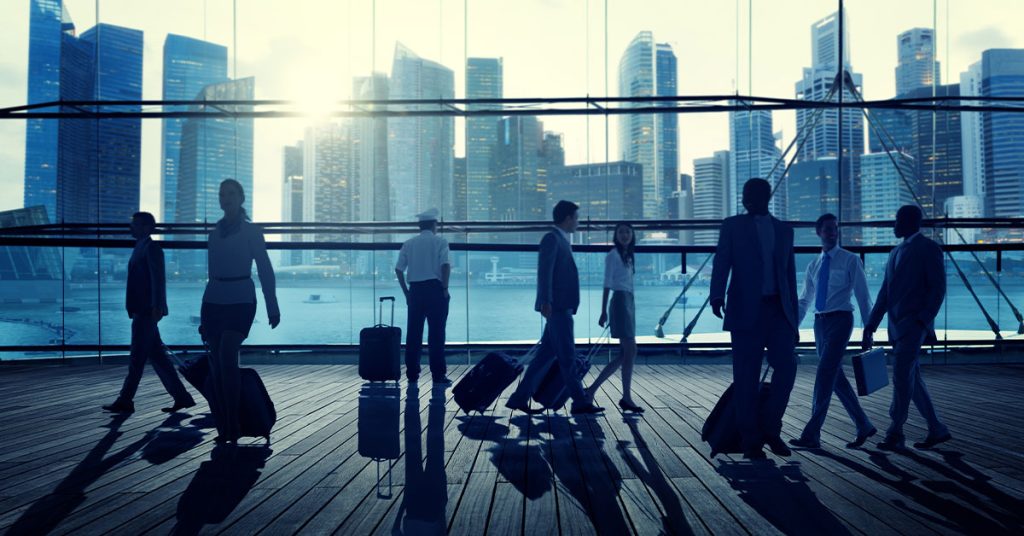Business travel is experiencing a robust recovery, swiftly surpassing expectations as it aims to achieve a record $1.5 trillion in economic impact this year. A resurgence in face-to-face meetings is driving this upward trend, a significant shift from the stagnation during the pandemic.
As companies globally reassess the importance of in-person interactions, the corporate travel sector is set to surpass pre-Covid levels. This resurgence is bolstered by the rise of ‘bleisure’ travel, combining business with leisure activities. The Meetings, Incentives, Conferences, and Exhibitions (MICE) industry, notably, has staged a significant comeback, marking a return to traditional business practices.
Corporate travel is poised to exceed pre-2020 levels by over 6%, reaching new heights with an economic impact of $1.5 trillion globally. The World Travel & Tourism Council’s recent report highlights a significant recovery, demonstrating a shift back to face-to-face meetings as crucial for business success. This comes as economies worldwide regain momentum post-pandemic.
The MICE sector has demonstrated resilience by resuming in-person events after numerous cancellations during the pandemic. This resurgence underscores the demand for personal interaction within the business community, which virtual meetings cannot fully satisfy.
Germany, another major player, is set to see its business travel expenditure reach $87.5 billion, almost 1% above its 2019 peak, indicating a strong recovery across major economic hubs.
American Express Global Business Travel’s CEO, Paul Abbott, echoed this sentiment, highlighting travel’s essential role in economic and societal progress. “Companies around the world value travel and in-person connections more than ever,” he said, reflecting a renewed appreciation for physical gatherings.
The transformative effects of travel are clear, with experts affirming its benefits beyond mere business dealings, advancing broader socio-economic objectives.
The resurgence of business travel is painting a positive picture for the global economy, as it regains its foothold after the pandemic-induced stagnation. The emphasis on face-to-face engagements signals a renewed recognition of the intrinsic value of personal connections within the corporate world. The figures projected for this year underscore not only recovery but strategic growth across key regions.
In conclusion, the acceleration of business travel’s recovery demonstrates a robust return to normalcy, with face-to-face interactions reclaiming their vital role in fostering international business relations.
As the industry embraces both traditional meetings and innovative travel combinations, the future of corporate travel looks promising. The substantial economic contributions across various regions further cement its significance in the global business landscape.

